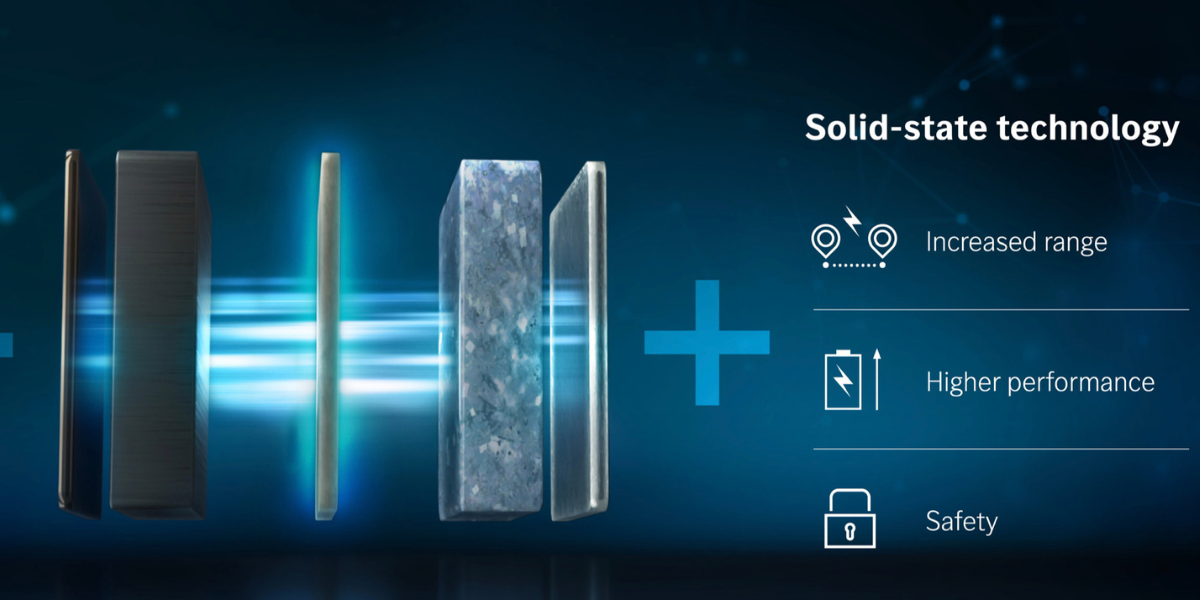
Rematec meets Marco Loiola, owner of Brain SRL, an Italian company that is a leader in the production, revision, and regeneration of catalytic converters and DPFs.
For almost 25 years, we have been involved in the revision of the product starting from the original one, which is identified through OE code, and providing a perfect and complete revision because the spare parts, the products we use to carry out the revision, are copied and studied, observing and analysing the original products.
Some of your competitors do not entirely agree with the widespread use of refurbished parts in the remanufacturing phase. For example, when refurbishing an engine, while the casing can be refurbished, some companies believe it's better to use original parts for replacements because they are more reliable. What approach does your company take instead? In your opinion, can all parts be refurbished, or are some necessarily original?
When we identify a new product for refurbishment, we open it up and chemically analyse it using our analysis tools. If it arrives broken, and we've never seen it before, we open it up and study the composition of the catalyst, the DPF, the SCR, and various components. We not only analyse the composition but also take measurements, cell density, material—we try to understand what product is needed. This allows us to rebuild the DPF cartridge and the catalytic converter exactly the same as the original. The chances that the part, once refurbished (and we strive to maintain the original levels both in the coupling of the parts with its casing and in the position and size), does not meet the required standards are practically zero, because the work on the product, in terms of fit and assembly, is done as if it were done on the original.
And what about the warranty?
The warranty is a consequence since this part is absolutely equal to the original. We do not guarantee the mileage of the original because the car is already old, but we easily guarantee at least 24 months of service and a certain mileage. So far, it has proven right because we have been working this way for 20 years, and luck or misfortune has meant that the parts break or have problems not before 3 years, so it means they work. The warranty is a consequence since this part is absolutely equal to the original. We do not guarantee the mileage of the original because the car is already old, but we easily guarantee at least 24 months of service and a certain mileage. So far, it has proven right because we have been working this way for 20 years, and luck or misfortune has meant that the parts break or have problems not before 3 years, so it means they work.
So, does your warranty, by law, also cover the parts you replaced?
Absolutely yes! However, it happens that the customer, due to their negligence, makes a mistake in mounting it or forgets a detail. If the problem arises immediately, we intervene under warranty even if it shouldn't be necessary, while if it arises within a period of less than two years, we always intervene by replacing it under warranty.
Do you only deliver the parts, or do you also have a workshop and do the work?
Both, it depends on who we are dealing with: if it's a customer who is used to buying and reselling, like a parts dealer, it's definitely preferable for us to carry out the refurbishment, while they handle the marketing. This also applies to many mechanics who don't have the time, the inclination, or the interest to invest in an in-house workshop. But abroad or in other countries where it's difficult or unsustainable to offer pickup, work, and delivery within a reasonable time frame, the best solution is to provide spare parts and enable the customer to manage their own refurbishment and revision, guaranteeing their product and thus the processing. We vouch for the quality of the product we sell, while the quality of the work is guaranteed by our operator associated with the work on the vehicle.
As for the ban of sales of internal combustion engine vehicles in Europe from 2035?
I'm convinced that for many years to come, catalytic converters and internal combustion engines will still be prevalent. Certainly, electric vehicles are now present in the market and have their advantages in certain situations, but they are not currently replaceable with existing technologies and all the services offered for internal combustion engines, for several reasons. Chief among them is the ability to have a dedicated charging station for every family or user, which would ensure the economic advantage over internal combustion engines. The issue is structural. I had the opportunity to speak with an ENEL technician (Italian Electricity Board) in my area and asked when they would start changing the underground cables to install charging stations. He told me I was crazy, considering that in Italy, it would cost 300 billion euros for this operation: where would all this money come from? The same problem exists in Barcelona and Greece as well. But it's not just a matter of money; there are also issues related to battery autonomy: it's objectively proven that the battery depletes over time and loses more and more autonomy because it needs to be recharged more frequently. The problem is also political because currently, we're being pushed towards electric vehicles due to concerns about carbon dioxide, PM10, and the greenhouse effect, even though there are millions of cars running on electricity produced by fossil fuel and oil-fired power plants!
What is the added value of your company, why you and not others?
Our strength lies in our flexibility, technical background, and the ability to thoroughly understand and study catalytic converters as we build the components and are capable of refurbishment and revision. We have the ability to determine with extreme precision whether a specific catalytic converter requires a particular component or not, thus making errors occur only in 0.1% of cases, and this happens less and less. Additionally, our flexibility: both customers who need one part per year and those who need 300 parts can rely on us, receiving the same level of service—fast and at a price that isn't significantly different. The future of Italy, as well as Europe, lies in niche markets like ours and in products dedicated to the end user, who often requires a customized solution. Another advantage we offer is our ability to always be there when there's a technical issue, providing comprehensive technical support: unfortunately, some users don't want to deal with the technical aspects, so we take care of it. If there's a problem, we solve it, and this is an added value for us too because if the mechanic finds in us a reliable technical collaborator, we'll consequently become a trusted supplier as well.
So, can we clearly say that all your work aligns very well with the combination of low emissions and sustainability?
I am convinced that it's possible to keep a Euro 6 diesel engine in perfect efficiency and well-managed even after 100,000 km, by replacing its DPF, all with a cost below 1,000 euros. This way, you have a vehicle that is absolutely low-polluting; it would be enough to better regulate the management of checks on these cars or to require that at a certain mileage, the entire pollution system must be replaced with a new one. We would have more work, less pollution, and fewer non-compliant vehicles.
How do you see the current remanufacturing landscape and the next one?
Remanufacturing is a path that will increasingly come into vogue because original products are becoming less available and more expensive, making them unaffordable for many. Remanufacturing not only offers cost advantages by saving money but also has energy-related benefits. Instead of constructing a new piece, remanufacturing involves recovering the old one, recycling exhausted components, and assembling new components, which requires less energy than the production of a new product. I believe that remanufacturing will continue to spread, even if we were to transition to automobiles with different technology; it will remain an advantageous solution. Even if they were to phase out internal combustion engines, there is so much work to provide assistance to the current internal combustion engine market.


